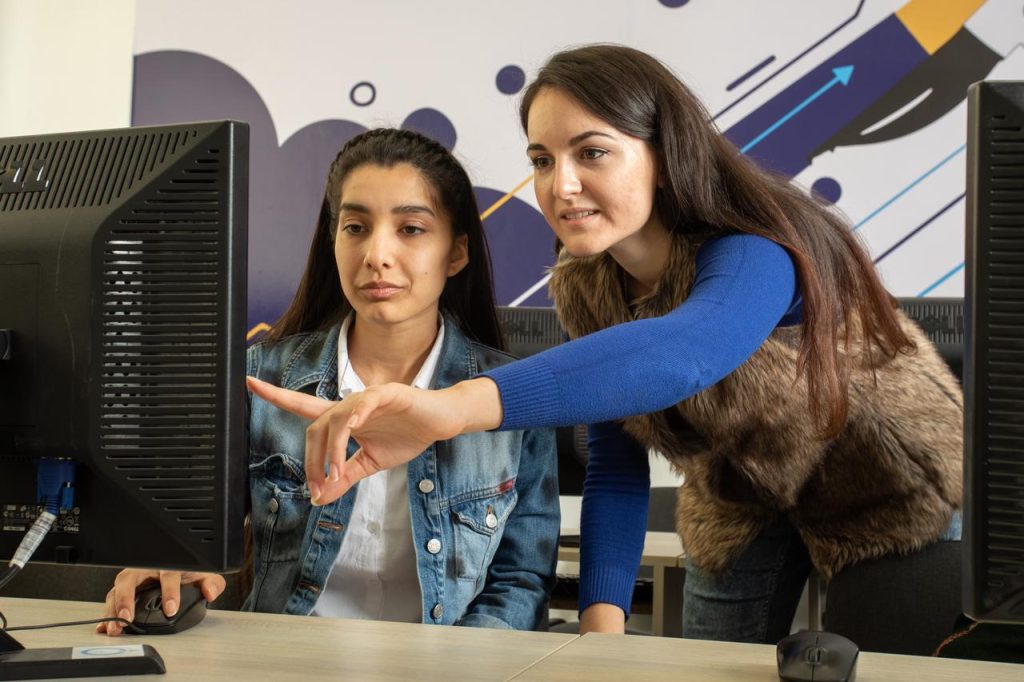
This definition of AI literacy for teachers was posted on Linked in by Fenchung Miao, Chief, Unit for Technology and AI in Education at UNESCO.
- Cultivate a critical view that AI is human led and the corporate and individual decision of AI creators have profound impact on human autonomy an rights, becoming aware of the importance of human agency when evaluating and using AI tools.
- Develop a basic understanding on typical ethical issues related to AI and acquire basic knowledge on ethical principles for human / AI interactions, including protection of human rights and human agency, promotion of linguistic and cultural diversity and advocating for inclusion and environmental sustainability.
- Acquire basic conceptual knowledge on AI, including the definition of AI, basic knowledge on how an AI model is trained and associated knowledge on data and algorithm, main categories and examples of AI technologies, as well as basic skills on examining appropriateness of specific AI tools for education and operational skills of validated AI tools.
- Identify and leverage the pedagogical benefits of AI tools to support subject specific lesson planning, teaching and assessments.
- Explore the useoif AI tools to enhance their professional learning and reflective practices, supporting assessment of learning needs and personal learning pathways in the rapidly evolving educational landscape.
